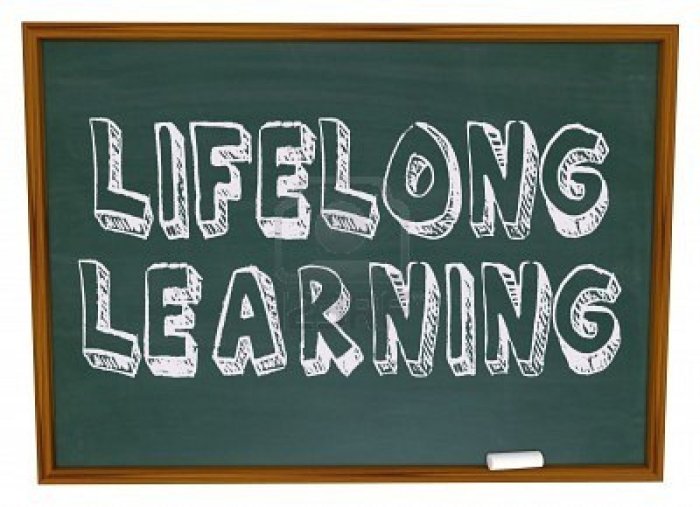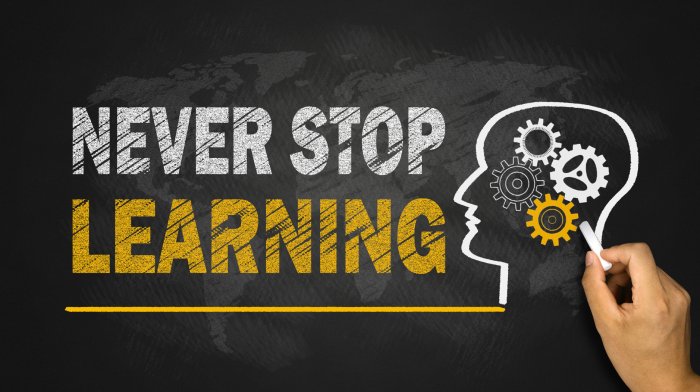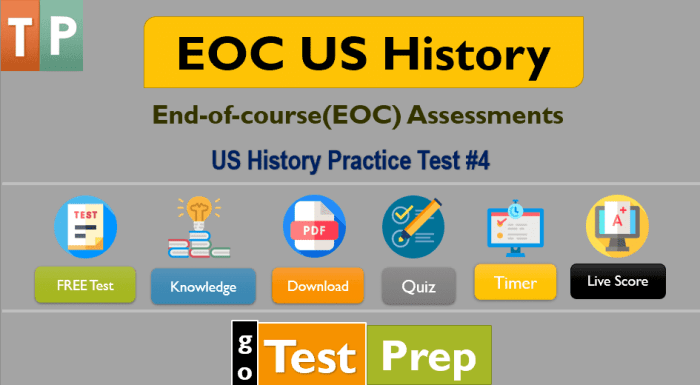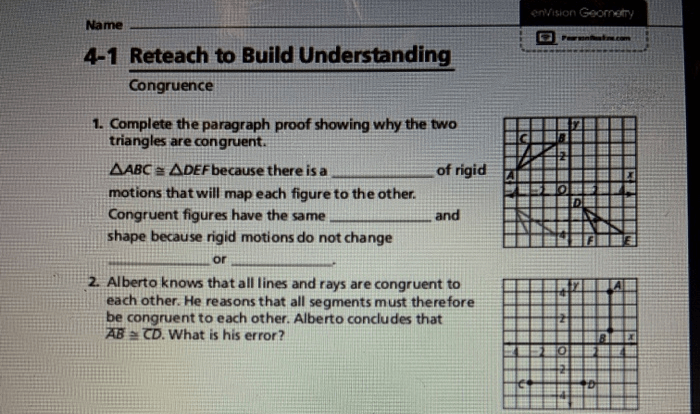Welcome to the enigmatic realm of subjects that may be studied for life crossword, where the pursuit of knowledge becomes an enthralling adventure. Embark on a journey through the labyrinth of academic disciplines, hobbies, and personal interests that can captivate us throughout our lives.
Let us unravel the tapestry of lifelong learning and explore its transformative power for personal growth and fulfillment.
In this comprehensive guide, we will delve into the intrinsic motivations that fuel the pursuit of knowledge, the benefits that lifelong learning bestows upon our cognitive, emotional, social, and practical well-being, and the strategies for overcoming barriers that may hinder our educational endeavors.
Furthermore, we will illuminate the role of the digital age in expanding access to educational resources and the significance of lifelong learning in the modern workplace.
Subjects that can be studied for life: Subjects That May Be Studied For Life Crossword

Throughout our lives, we are presented with a vast array of subjects that can captivate our curiosity and inspire us to delve deeper into their complexities. These subjects encompass a broad spectrum of disciplines, from the traditional academic fields of science, humanities, and social sciences to more specialized areas of knowledge, such as art, music, history, and philosophy.
The pursuit of knowledge can take many forms, extending beyond formal education to encompass hobbies, personal interests, and lifelong learning endeavors. Whether it’s exploring the intricacies of quantum physics, mastering the techniques of watercolor painting, or delving into the history of ancient civilizations, there is always something new to learn and discover.
Benefits of lifelong learning, Subjects that may be studied for life crossword
The benefits of lifelong learning are multifaceted, enriching our lives in both personal and professional spheres. Cognitive benefits include enhanced memory, improved problem-solving skills, and increased creativity. Emotionally, lifelong learning fosters a sense of purpose, reduces stress, and promotes overall well-being.
Socially, it strengthens connections with others who share similar interests and expands our perspectives by exposing us to diverse ideas and cultures. Practically, lifelong learning can lead to career advancement, increased earning potential, and greater job satisfaction.
| Cognitive | Emotional | Social | Practical |
|---|---|---|---|
| Enhanced memory | Reduced stress | Strengthened connections | Career advancement |
| Improved problem-solving skills | Increased sense of purpose | Expanded perspectives | Increased earning potential |
| Increased creativity | Improved overall well-being | Greater job satisfaction |
The pursuit of knowledge
The pursuit of knowledge is an intrinsic human drive, fueled by our innate curiosity, passion, and thirst for understanding. It is this desire to learn that propels us to explore new subjects, master new skills, and expand our horizons.
Education, both formal and informal, plays a crucial role in fostering a love of learning. Formal education provides a structured framework for acquiring knowledge and developing critical thinking skills. Informal education, through books, online resources, and social interactions, complements formal education by exposing us to a wider range of perspectives and ideas.
Overcoming barriers to lifelong learning
While the benefits of lifelong learning are undeniable, there are certain barriers that may hinder individuals from pursuing their learning goals. Time constraints, financial limitations, and lack of motivation are common obstacles that can discourage people from engaging in lifelong learning activities.
To overcome these barriers, it is important to set realistic goals, seek support from family, friends, or mentors, and create a conducive learning environment. Time management techniques, such as scheduling specific study times or breaking down large tasks into smaller ones, can help individuals make the most of their available time.
Lifelong learning in the digital age
The digital age has revolutionized access to educational resources and opportunities for lifelong learning. Online learning platforms, MOOCs (Massive Open Online Courses), and other digital tools have made it possible for individuals to learn from anywhere, at any time.
While online learning offers numerous advantages, such as flexibility, affordability, and access to a wide range of courses, it also presents challenges, such as the need for self-discipline and the potential for distractions. To navigate the digital learning landscape effectively, it is important to set clear goals, create a dedicated study space, and seek support from online communities or mentors.
The role of lifelong learning in the workplace
In today’s rapidly changing job market, lifelong learning is becoming increasingly important for career success. Continuous learning enhances employability, enables career advancement, and increases job satisfaction.
Companies and organizations that recognize the value of lifelong learning are more likely to invest in training and development programs for their employees. These programs can range from formal degree programs to on-the-job training and workshops.
Question & Answer Hub
What are the benefits of lifelong learning?
Lifelong learning offers a myriad of benefits, including enhanced cognitive function, improved emotional well-being, stronger social connections, and increased practical skills.
How can I overcome barriers to lifelong learning?
To overcome barriers to lifelong learning, set realistic goals, seek support from family and friends, and create a conducive learning environment.
What role does the digital age play in lifelong learning?
The digital age has transformed lifelong learning by providing access to online courses, MOOCs, and other digital resources that make learning more accessible and convenient.






